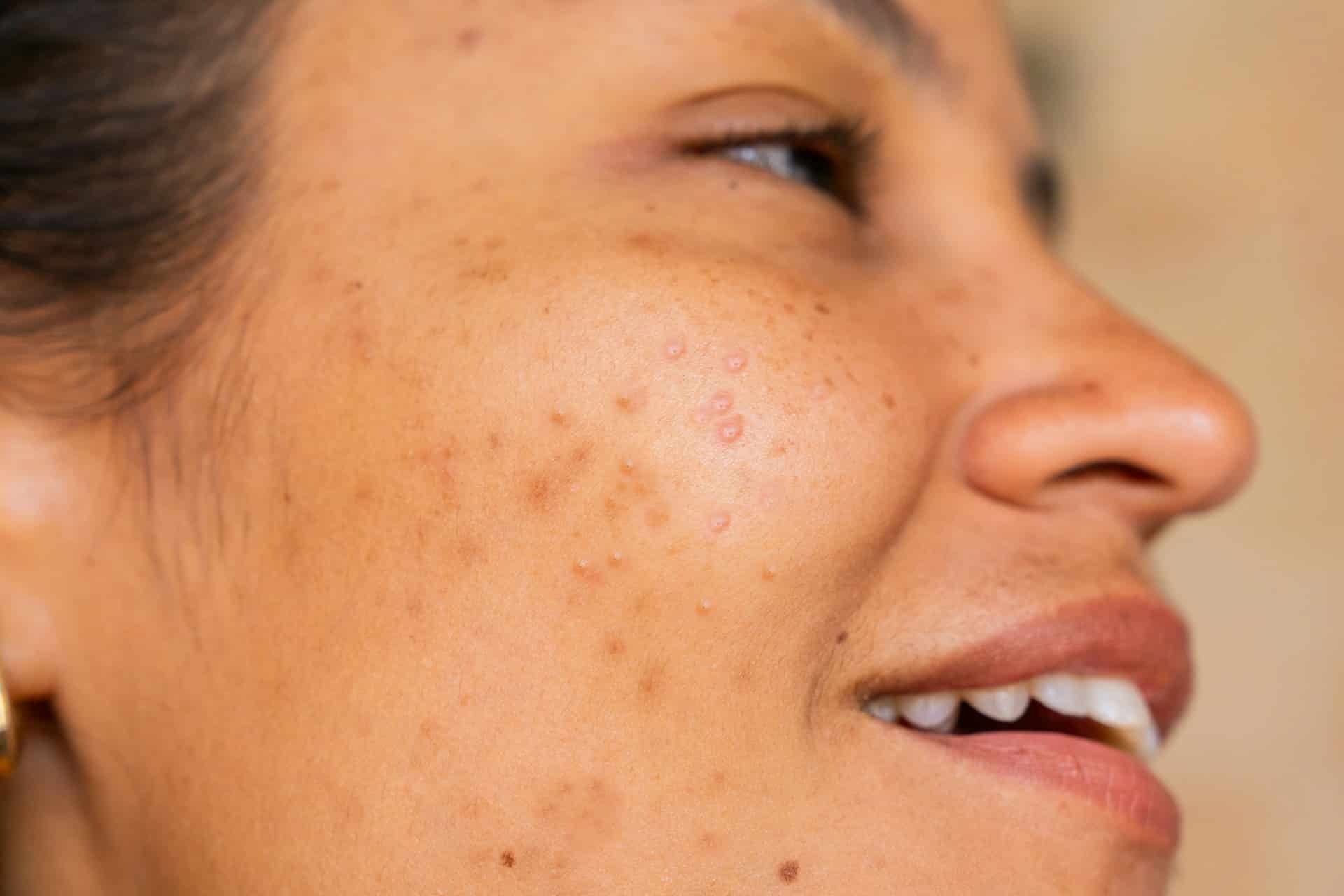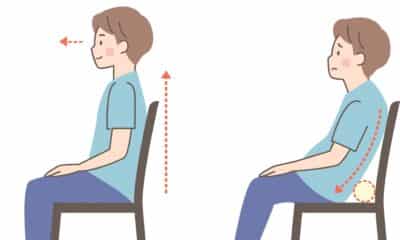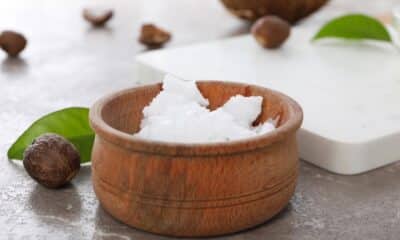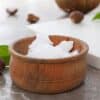How to Treat Acne Holistically: Beyond Topicals and Toward Long-Term Skin Health
Acne isn’t just a teenage rite of passage—it can affect anyone at any age. And if you’ve ever felt frustrated by products that promise the world but don’t deliver lasting results, you’re not alone. Clearer skin requires more than surface-level solutions. In many cases, the best results come from a holistic approach—one that looks beyond skincare products and considers your diet, lifestyle, stress levels, and internal health.
Here’s how to build a comprehensive, sustainable strategy for managing acne from the inside out.
What Really Causes Acne?
At its root, acne occurs when hair follicles become clogged with oil (sebum) and dead skin cells, often triggering inflammation due to bacteria called P. acnes. But the story doesn’t end there. Multiple internal and external factors contribute to breakouts, including:
- Hormonal changes (especially androgens)
- Chronic inflammation
- Family history or genetics
- High stress levels
- Dietary habits
- Gut health imbalances
Addressing acne effectively means looking at the whole picture, not just treating the visible symptoms.
How Diet Affects Your Skin
Food isn’t a direct cause of acne—but it can absolutely influence flare-ups. Making smarter food choices can reduce inflammation, support hormonal balance, and improve skin resilience.
1. Skip High Glycemic Foods
Sugary snacks, white bread, and processed carbs cause blood sugar spikes, which increase insulin and, in turn, sebum production.
Try instead: Whole grains, legumes, fiber-rich vegetables, and protein-packed meals.
2. Watch Your Dairy Intake
Some research links skim milk in particular to acne flare-ups—possibly due to added hormones or how it affects insulin.
Swap with: Unsweetened almond, oat, or soy milk and dairy-free alternatives.
3. Add Omega-3s
These healthy fats reduce inflammation and may help offset the Omega-6 heavy Western diet.
Eat more: Fatty fish (like salmon), flaxseeds, walnuts, and chia seeds.
4. Embrace Antioxidants
Antioxidant-rich foods help fight oxidative stress, which contributes to skin aging and inflammation.
Go for: Berries, leafy greens, sweet potatoes, and vibrant, colorful produce.
5. Don’t Overlook Zinc
Zinc plays a key role in reducing inflammation and promoting skin healing.
Sources include: Pumpkin seeds, chickpeas, cashews, eggs, and lean meats.
The Gut-Skin Axis: A Deeper Connection
Emerging science continues to uncover the link between gut health and skin conditions. An imbalanced gut microbiome can contribute to systemic inflammation—and acne may be one of the ways your body shows it.
Probiotics & Prebiotics
Probiotics are beneficial bacteria; prebiotics are the fibers they feed on.
Eat more: Yogurt, kimchi, sauerkraut, kefir, garlic, bananas, and oats.
Get Enough Fiber
Fiber helps keep your gut in balance and assists in detoxifying your system.
Best sources: Lentils, beans, brown rice, and a wide range of fruits and vegetables.
Don’t Forget the Lifestyle Factors
1. Manage Stress
Chronic stress raises cortisol, a hormone that increases oil production and can trigger acne.
Try:
- Daily mindfulness or meditation
- Regular exercise
- Getting 7–9 hours of sleep
- Unplugging and engaging in hobbies
2. Hydrate Properly
Water helps your body flush out toxins and keeps your skin plump and resilient.
Aim for: 6–8 glasses a day (more if you’re active or live in a hot climate)
Skincare That Supports, Not Strips
The goal is to nurture the skin barrier, not wage war against it.
Good habits include:
- Washing your face twice daily with a gentle, fragrance-free cleanser
- Using non-comedogenic products to avoid pore blockage
- Avoiding aggressive scrubbing or picking—which can worsen inflammation and cause scarring
When to Seek Professional Support
If your acne is persistent or severe, a dermatologist can help guide you with evidence-based treatments that work alongside your lifestyle adjustments.
Common Medical Treatments Include:
- Benzoyl Peroxide: Reduces bacteria and unclogs pores
- Topical Retinoids: Boost cell turnover and smooth skin texture
- Topical Antibiotics: Calm inflammation and reduce bacteria (best used short term)
- Azelaic Acid: Fights bacteria and brightens post-acne marks
Oral Options:
- Antibiotics: For widespread, inflamed acne (short-term use)
- Hormonal treatments: Birth control pills or spironolactone for hormonal imbalances
- Isotretinoin (Roaccutane): Reserved for severe cases, requires medical supervision
Pro Tip: Often the most effective strategy combines medical treatments with diet and lifestyle changes for lasting results.
Acne Isn’t Just a Skin Issue—It’s a Whole-Body Conversation
Clearer skin starts with a clearer understanding. Acne is complex, but it’s not unbeatable. By combining smart skincare, targeted nutrition, gut health support, and stress management—and knowing when to involve a professional—you can dramatically improve not just your skin, but your overall well-being.
You don’t have to navigate this alone. If acne is affecting your quality of life, consult a dermatologist who can help craft a tailored plan to support your unique needs.














